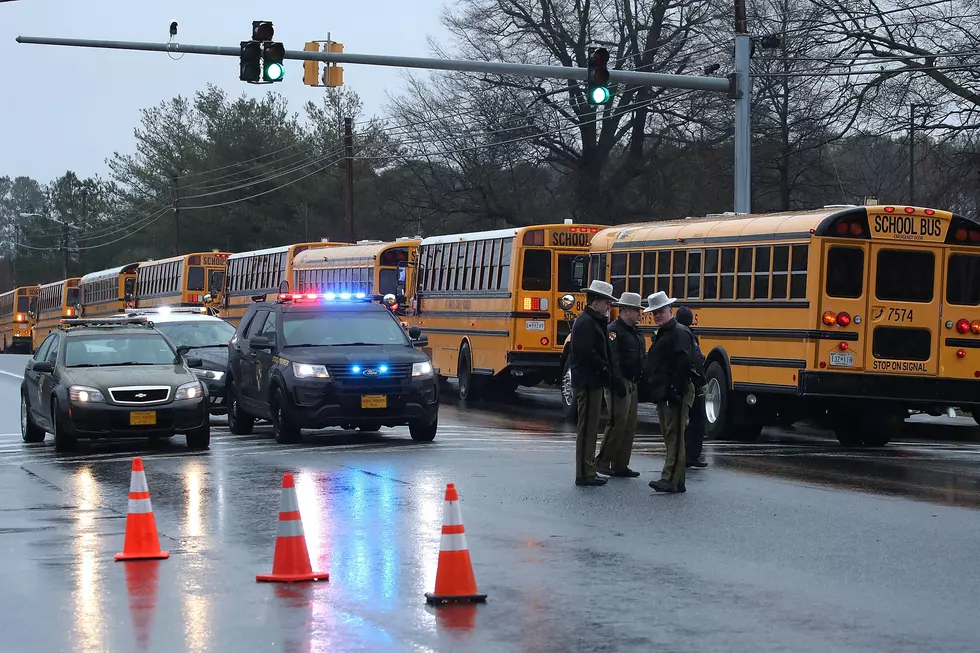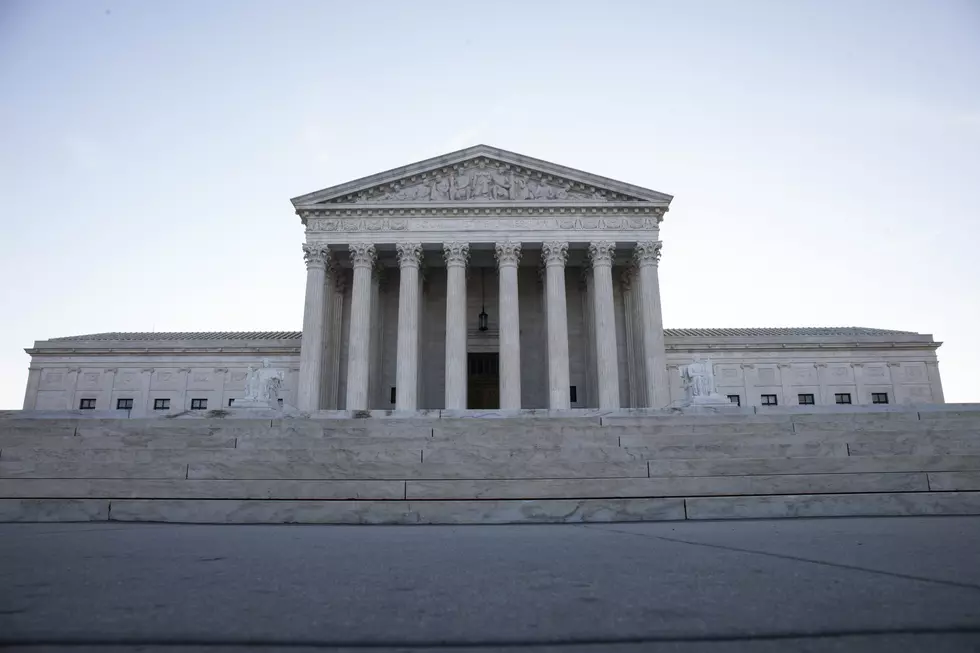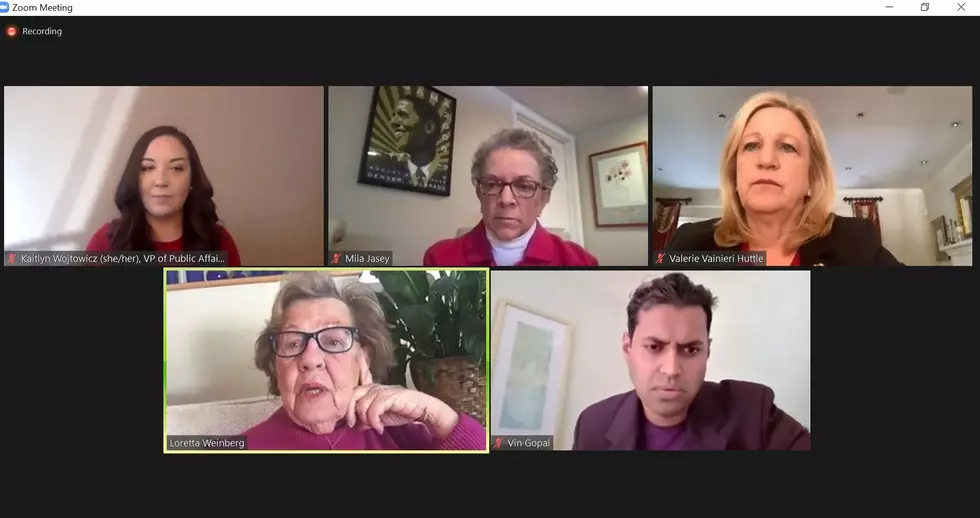![To Improve Government Transparency, NJ Senate Unveils Two Bills [AUDIO]](http://townsquare.media/site/385/files/2012/02/weinberg-630x421.jpg?w=980&q=75)
To Improve Government Transparency, NJ Senate Unveils Two Bills [AUDIO]
In an effort to improve government transparency, Senate Majority Leader Loretta Weinberg (D-Bergen) has reintroduced two bills designed to overhaul and modernize New Jersey's Open Public Meetings Act and Open Public Records Act.
The first bill in the package would broaden access to government records, by allowing anyone to make an OPRA request, not just New Jersey residents, and by allowing records requests to be made on documents other than the adopted form, so long as it contains notice that it is an OPRA request and contains the information required on the adopted form.
The bill would also extend OPRA obligations to quasi-governmental organizations engaged in service to the public, such as the New Jersey League of Municipalities, the New Jersey School Boards Association, and joint insurance groups or funds for political subdivisions of the state.
The bill would allow for the option of e-mailing records requests to the requester without charge, and would limit the application of special service charges by the records custodian.
"The public has a reasonable expectation to transparency from government, and while New Jersey has, in the past, led the charge nationally in adopting public records and meeting laws, it's time that we update and expand those laws to stay ahead of new trends in technology," Weinberg said. "In the Digital Age, our current laws governing public meetings and records requests have fallen behind the times, and have created large gaps in transparency. It's time to correct the deficiencies in the law, and bring OPRA and the Sunshine Law into the 21st Century.
The other bill would update and modernize the "Senator Byron M. Baer Open Public Meetings Act," also known as the "Sunshine Law," in order to address changes to the operating procedure of public meetings since the enactment of the law in the 1970s. The bill would include quasi-governmental organizations - as well as independent authorities, redevelopment entities and improvement authorities - under the provisions of the law, and would require a public body to provide electronic notice of a meeting on its Internet site, as well as access to meeting minutes, agendas, resolutions and ordinances, if it maintains an Internet site.
The bill would also limit when a public body can go into closed session, and would require public entities to permit the recording, audio-recording, photographing, videotaping, broadcast or recording for broadcast of public proceedings, by news media or any member of the public.
During a public meeting, the bill would prohibit the members of a public body from privately communicating between each other regarding issues before the public body, by any means, including e-mail, instant message, or similar technologies. And finally, the bill would provide that an appointed member of a public body may be removed for two or more violations of the open public meetings law
"When the Sunshine Law was written, the term 'Internet' hadn't even been coined yet," Weinberg said. "Through this bill, we would be bringing the 20th Century's most important government transparency legislation into the 21st Century, and would be able to realize the promise of open government for a new generation of New Jersey residents."
Weinberg said the bills are the result of input from a wide variety of people, including municipal clerks, government officials and open government advocates. She said the bills are likely to be considered by the Senate State Government, Wagering, Tourism and Historic Preservation Committee.
More From New Jersey 101.5 FM









